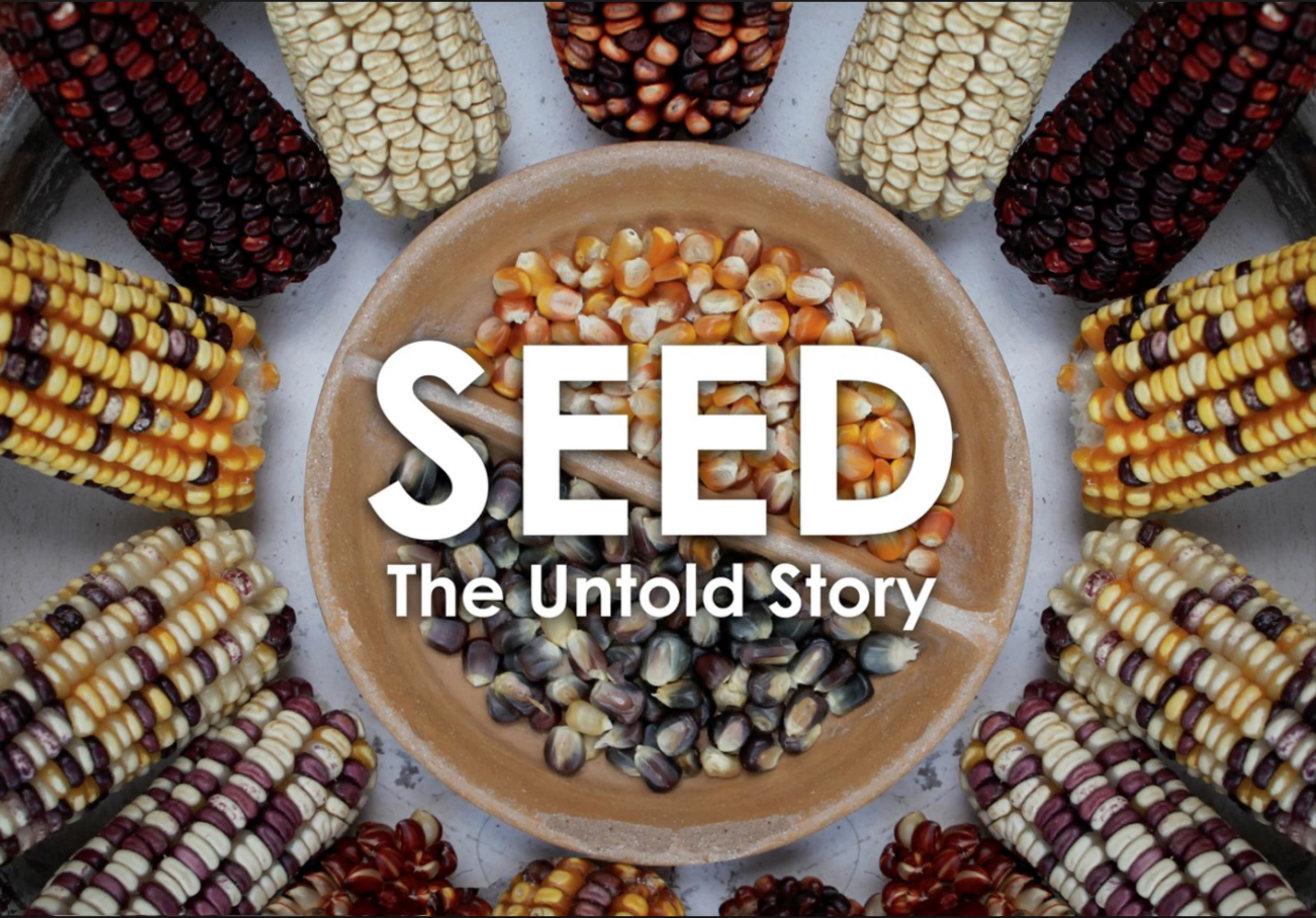SEED: The Untold Story follows passionate seed keepers working to protect our 12,000 year-old food legacy and depicts their struggle against agrichemical companies (including Bayer, Monsanto, and Syngenta) who now control more than two-thirds of the seed market. SEED is more than just a cautionary tale of “man against nature,” but rather an epic David and Goliath battle as farmers, scientists, lawyers, and indigenous seed keepers fight to defend the future of our food.
SEED was produced and directed by award-winning filmmakers Taggart Siegel and John Betz (Queen of the Sun: What Are The Bees Telling Us? and The Real Dirt On Farmer John), who I interviewed about the film and what the dramatic loss of seeds means for our food system and our culture.
SEED opens September 23rd at Cinema Village in New York. Tickets can be purchased here.
Our goal is to raise awareness about seeds in the face of climate change, genetic modification and the corporate control of the seed system. Through our outreach efforts with the film, we are making a two-year effort to link audiences with organizations who are fostering seed sovereignty, championing seed diversity and advocating for critical policy change. We hope this will have a long lasting impact that will educate people to support small family farmers by eating local, organic food and growing open pollinated heirloom seeds. Above all, we hope SEED will inspire audiences, ignite in them a fire for a new passion to care for seeds, to save seeds, support seed libraries, seed swaps, seed schools, seed banks and localized seed efforts in their own community.
Social media must-follow: @seed_themovie – twitter, @seed_themovie – instagram, www.facebook.com/
Taggart Siegel, Director
Photo credit: Collective Eye Films


